Traveling is a wonderful way to relax, learn about new cultures, and try new things. However, for those with dietary restrictions, it can be a daunting task to navigate unfamiliar food options while traveling. Whether you have food allergies or intolerances or follow a specific diet, it is essential to plan ahead to ensure that you have safe and satisfying dining experiences. Here are ten tips to help you prepare for and navigate dietary restrictions while traveling:
Preparing for Your Trip
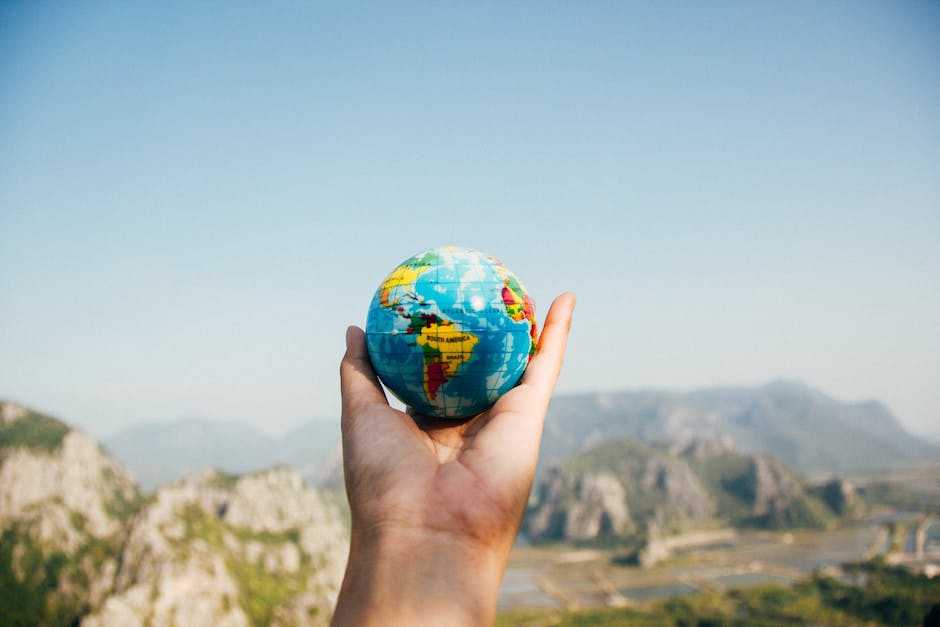
Planning ahead and researching your destination’s food culture and options is an essential step in preparing for your trip. Doing so can help you avoid unpleasant surprises and prepare for any challenges that may arise in finding food that meets your dietary needs. It is crucial to pack snacks and any necessary supplements and medications. If traveling to a non-English speaking country, consider bringing a translation card or app that helps you communicate your dietary restrictions to waitstaff or chefs.
Communicating Your Needs
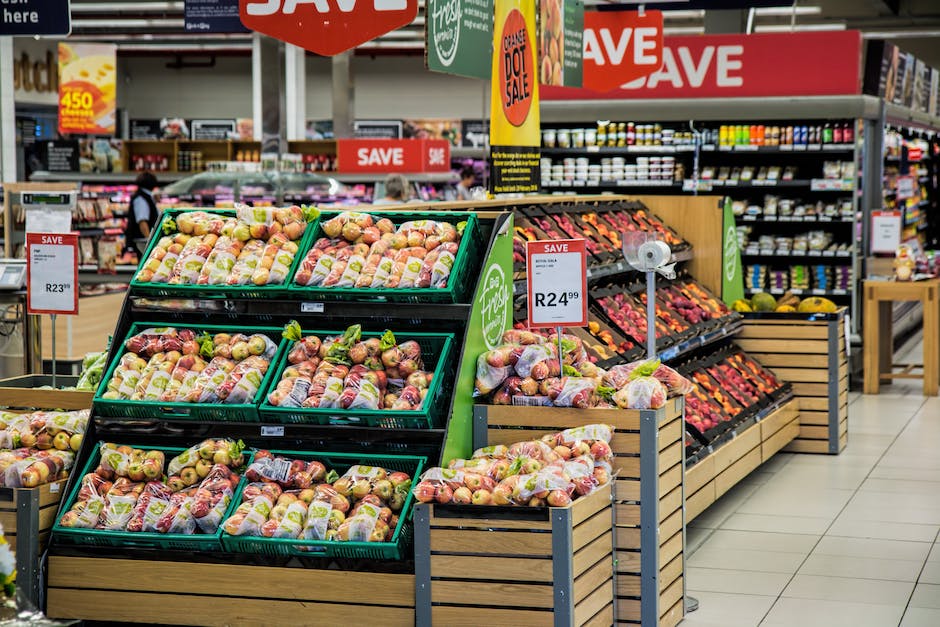
When dining out, it’s essential to communicate clearly with your server or chef about your dietary restrictions. Clearly communicating your needs and asking questions about ingredients and preparation can help you make informed decisions about what to eat. Additionally, certain places may be able to customize dishes to meet your dietary needs, while others may have limited options.
Exploring Local Markets

Exploring local markets and grocery stores is an excellent way to navigate dietary restrictions while traveling. These can be good options for finding fresh produce, packaged goods, and specialty items that meet your dietary needs. It’s also an opportunity to try new and fresh ingredients that you may not have access to at home. This is especially important when traveling to countries that may not have the cuisine you’re used to eating.
Researching Local Cuisine
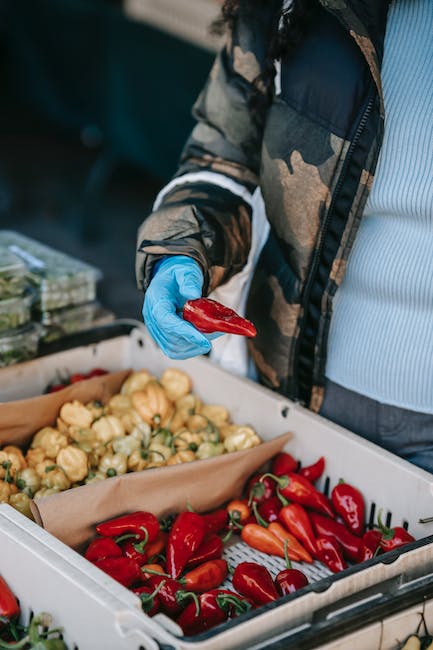
Researching local cuisine before you travel is an excellent way to identify dishes that are likely safe for you to eat. Additionally, identify restaurants that specialize in specific types of cuisine that might be more suitable for your dietary needs. In some countries, traditional dishes might be free from common allergens. Take the time to research popular local dishes to ensure that you can indulge in the local cuisine without worry.
Asking for Recommendations

If you’re unsure or hesitant about a particular food option, it’s an excellent idea to ask for recommendations from locals, fellow travelers, or waitstaff. Doing this will provide you with insight on dining options and any local dishes that might suit your dietary needs. Also, review websites and social media groups dedicated to foodies are reliable sources of recommendations and reviews to help make informed dining decisions.
Avoiding Cross-Contamination

If you have severe allergies, it is crucial to take necessary precautions to avoid cross-contamination. This might include asking your server to handle your food separately, avoiding shared fryers or cooking surfaces, or bringing your utensils. Furthermore, it might be handy to pack disinfectant wipes to clean surfaces or utensils that may come in contact with your food.
Being Flexible

While it can be challenging to navigate dietary restrictions while traveling, it is crucial to remain flexible and open to new experiences. You may have to step outside of your comfort zone and try new dishes, cuisines, or cooking styles. Keeping an open mind and trying new things can help you make the most of your travel experience and discover new foods that you may not have otherwise tried.
Preparing Your Own Meals
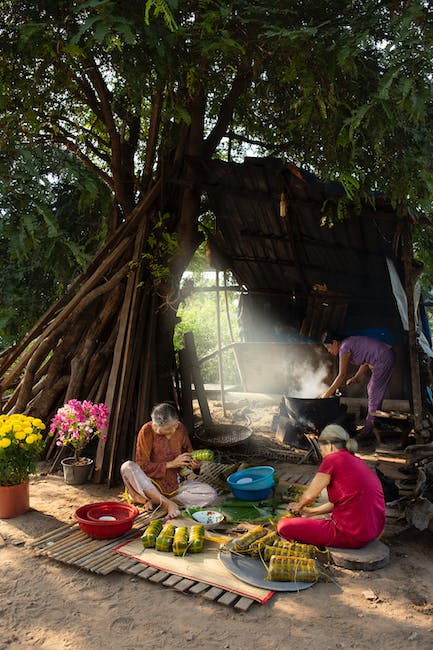
If you have dietary restrictions that are challenging to accommodate when dining out, it may be worth considering preparing your own meals. Numerous hotels and hostels offer communal kitchens that you can use to cook your meals. Additionally, pack a small travel-friendly kitchen kit to use during your trip. This will not only help you eat according to your dietary restrictions but will also save you a bit of money.
Staying Safe and Satisfied

Remember to prioritize your health and well-being while traveling, especially if you have dietary restrictions. While it might be tempting to consume new foods, it is essential to find options that are safe and satisfying for you. With a bit of research and preparation, you can have delicious meals and memorable travel experiences while navigating your dietary needs.
Sharing Your Experience
Consider sharing your experience of navigating dietary restrictions while traveling with others who may be facing the same challenges. You can offer tips and advice based on your experience, and connect with others who share your dietary needs through social media groups and online forums. Your insights might help others feel more comfortable and confident while traveling.

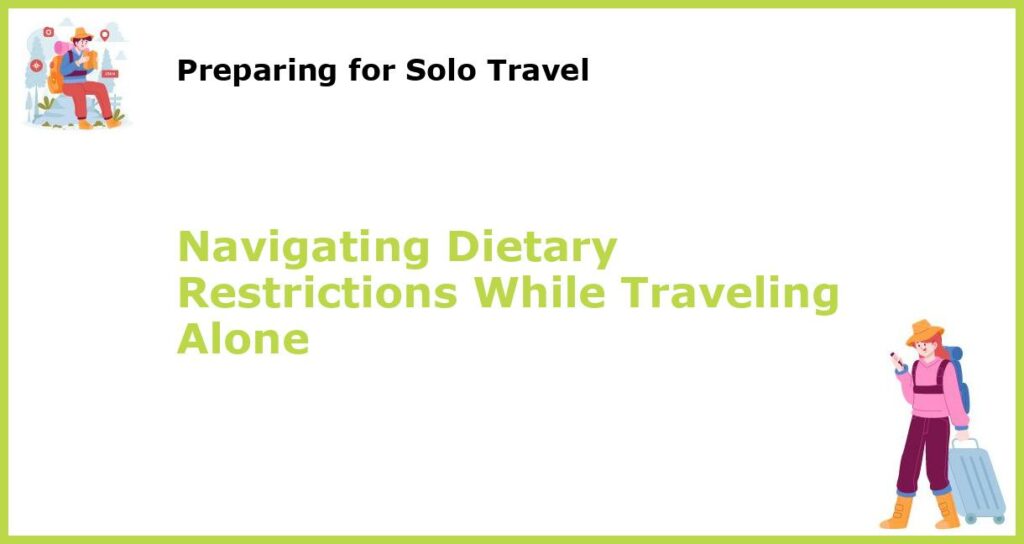






 You might also be interested in those articles related to solo traveling
You might also be interested in those articles related to solo traveling